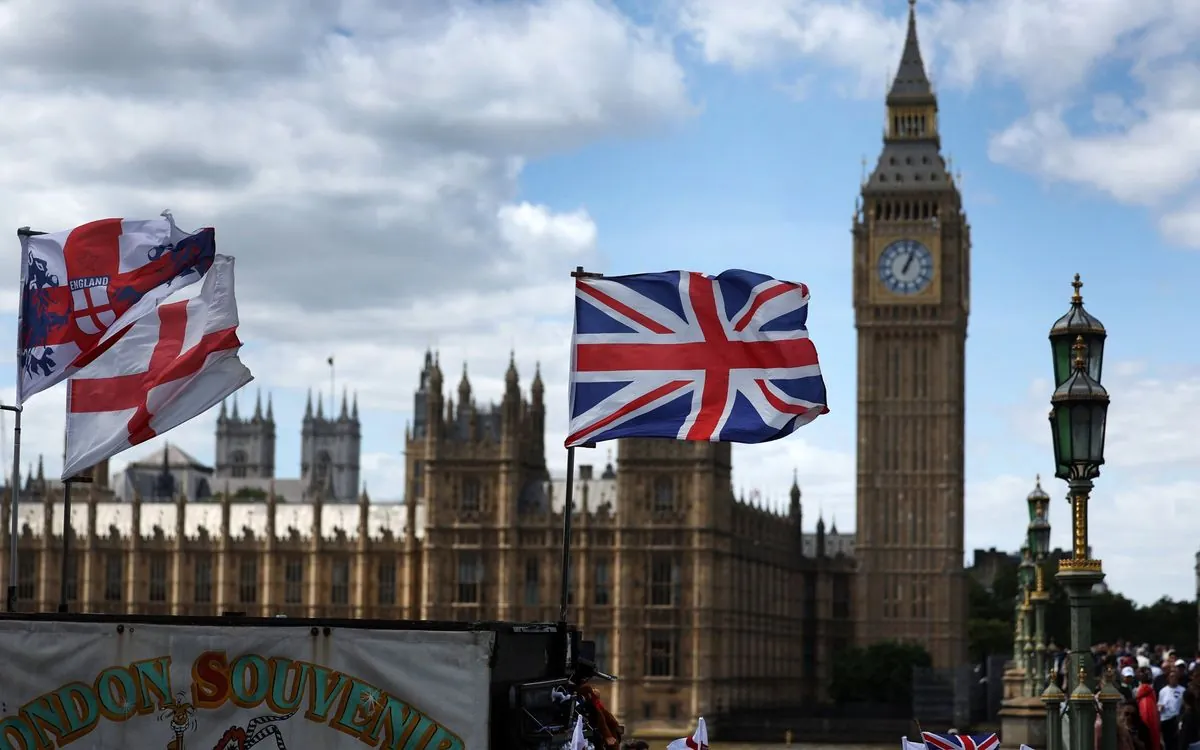Labour's Tax Plan: Pensions and Wealth in the Crosshairs
Labour Party considers targeting pensions and wealth for tax increases, with focus on regional disparities. Chancellor Rachel Reeves faces challenges in balancing manifesto pledges with need for revenue.

The Labour Party, under the leadership of Sir Keir Starmer, is contemplating significant tax increases as part of its economic strategy. With the upcoming Budget in October 2024, the focus appears to be shifting towards pensions and wealth as potential sources of additional revenue.
Rachel Reeves, the Chancellor, is tasked with identifying areas for taxation while adhering to manifesto commitments. These pledges include not raising income tax, National Insurance, or VAT, protecting "working people," and maintaining Labour's position as "the party of wealth creation."
Recent indicators suggest that savers, shareholders, and property owners may bear the brunt of the impending fiscal measures. Pensions, particularly in the affluent South of England, are emerging as a key target.

Pension wealth in the UK is unevenly distributed, with significant regional disparities. According to the Office for National Statistics, the average household pension wealth in 2020 was £111,500. However, the South East of England boasted an average of £155,100, while London and the East Midlands had lower averages of £84,500 and £87,200, respectively.
The Institute for Public Policy Research (IPPR) highlights that pensions constitute 42% of family assets in the UK, surpassing property as the largest source of household wealth. This concentration of wealth makes pensions an attractive target for a Chancellor seeking additional revenue.
Various tax reliefs associated with pensions could be subject to review. These include tax relief on contributions, the tax-free lump sum available at retirement, and the absence of National Insurance contributions for retirees. HM Revenue and Customs estimates that these reliefs cost the Treasury nearly £50 billion annually.
"Everybody who is entitled to pension credit – the poorest pensioners – continue to get the Winter Fuel Payment."
The Chancellor's statement draws attention to the divide in pension wealth, implying that higher-income pensioners may be considered for potential tax increases.
However, any changes to the pension system must be approached cautiously. The IPPR warns that the complexity of the system could lead to unintended consequences, potentially exacerbating under-saving for retirement and further squeezing elderly incomes.
It's worth noting that the UK's tax burden is already heavily skewed towards high earners. In 2023, the top 10% of earners paid 60% of all income tax, with the top 1% contributing 29%. This represents a significant increase from 1978-79 when these figures were 35% and 11%, respectively.
As Rachel Reeves navigates these challenges, she must balance the need for increased revenue with the potential impact on different demographic groups and regions. The outcome of these deliberations will likely shape the UK's fiscal landscape for years to come.


































